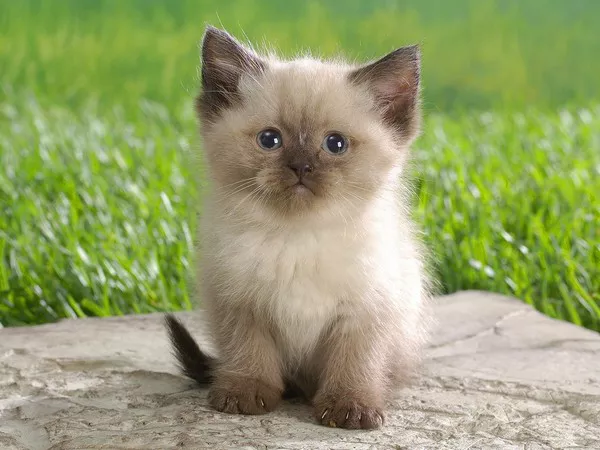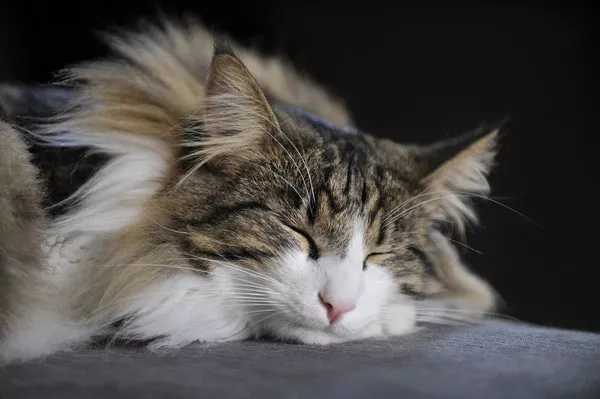Welcoming a new kitten into your home is an exciting experience, but it also comes with responsibilities, including their health and well-being. One common issue that kittens might face is constipation. While it’s not uncommon for kittens to experience occasional constipation, it’s important for pet owners to recognize the signs, understand the causes, and be equipped with effective treatment strategies. In this article, we’ll delve into the world of kitten constipation, exploring the potential causes, common symptoms, and practical treatments to ensure your furry friend’s comfort and vitality.
Understanding Kitten Constipation
1. What is Constipation?
Constipation in kittens occurs when they have difficulty passing stool, and their bowel movements become infrequent and strained. It’s essential to distinguish between mild and severe cases of constipation to provide timely care.
2. Frequency of Bowel Movements
Kittens typically have multiple bowel movements a day. A sudden reduction in frequency or noticeable straining during defecation may indicate constipation.
Common Causes of Kitten Constipation
1. Dehydration
Insufficient water intake can lead to dehydration, causing the stool to become dry and hard. Kittens are particularly susceptible to dehydration, so providing access to fresh water is crucial.
2. Dietary Factors
Kitten diets should be nutritionally balanced and appropriate for their age. An improper diet lacking in fiber can contribute to constipation.
3. Litter Box Aversion
Kittens might avoid using the litter box due to discomfort or stress, leading to retention of stool. Ensuring a clean and accessible litter box environment is vital.
Recognizing Symptoms of Kitten Constipation
1. Straining and Pain
Kittens with constipation may show visible signs of discomfort, such as straining during defecation or crying while attempting to pass stool.
2. Decreased Appetite
Constipated kittens might lose their appetite, as the discomfort associated with constipation can impact their overall well-being.
3. Lethargy and Restlessness
Lethargy or restlessness can be indicative of discomfort caused by constipation. Kittens might become irritable and exhibit changes in behavior.
Effective Treatment and Prevention
1. Increase Water Intake
Encourage your kitten to drink more water by providing clean and fresh water at all times. Wet food can also contribute to their hydration.
2. Balanced Diet
Consult with your veterinarian to ensure your kitten’s diet is appropriate and nutritionally balanced. Adequate fiber intake is important for maintaining regular bowel movements.
3. Dietary Supplements
Your veterinarian might recommend dietary supplements, such as fiber additives, to help soften stool and promote regular bowel movements.
4. Grooming Assistance
Kittens might ingest excess hair during grooming, leading to constipation. Regular brushing and grooming can help reduce hair ingestion and prevent blockages.
5. Litter Box Management
Ensure your kitten’s litter box is clean and easily accessible. Avoid sudden changes in litter type or location to prevent litter box aversion.
When to Consult a Veterinarian
1. Persistent Symptoms
If your kitten’s constipation persists despite home remedies, it’s important to seek veterinary care. Your veterinarian can determine the underlying cause and provide appropriate treatment.
2. Severe Symptoms
Severe symptoms, such as lethargy, vomiting, or the presence of blood in stool, require immediate veterinary attention. These signs could indicate a more serious underlying condition.
Preventive Measures for Kitten Constipation
1. Regular Vet Visits
Regular veterinary check-ups are essential for monitoring your kitten’s health and catching potential issues early.
2. Balanced Diet and Hydration
Providing a balanced diet and ensuring your kitten stays well-hydrated are key preventive measures against constipation.
3. Safe Grooming Practices
Practice safe and gentle grooming techniques to minimize hair ingestion and potential blockages.
Conclusion
In conclusion, kitten constipation is a common issue that can impact your furry companion’s well-being. By understanding the causes, recognizing the symptoms, and implementing effective treatment and preventive measures, you can ensure your kitten’s comfort and vitality. Remember to consult your veterinarian for personalized guidance and recommendations. With attentive care, a balanced diet, and a well-maintained litter box, you’ll be better equipped to provide your kitten with the best possible care and a happy, healthy life.
























